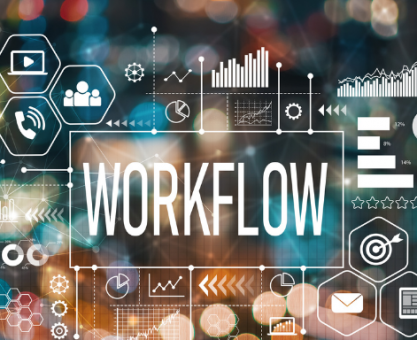Executive Summary
-
Artificial Intelligence (AI) is revolutionizing international trade compliance by automating and optimizing regulatory processes.
-
AI technologies help in managing complex trade regulations, reducing the risk of non-compliance.
-
Companies leveraging AI can achieve significant cost savings and enhance their competitive edge.
-
Despite its benefits, AI implementation in trade compliance poses challenges such as data privacy concerns and infrastructure requirements.
-
The future of AI in trade compliance is promising, with continuous advancements and broader adoption expected.
Introduction
In an increasingly interconnected global market, compliance with international trade regulations is critical for businesses. However, the complexity and ever-evolving nature of these regulations pose significant challenges. Enter Artificial Intelligence (AI) — a transformative force that promises to streamline compliance processes, mitigate risks, and optimize operations. This article explores the profound impact AI has on international trade compliance and regulations, highlighting its benefits, challenges, and strategic insights for businesses looking to harness its power.
Main Body
Definitions / Context
What is AI in Trade Compliance?
Artificial Intelligence in trade compliance involves using machine learning, natural language processing, and data analytics to automate and enhance the processes involved in adhering to international trade regulations. It encompasses activities such as tariff classification, sanctions screening, and document management, ensuring businesses comply with global trade laws efficiently.
Benefits / Pros
-
Automation of Processes: AI tools can automate repetitive tasks like documentation, reducing time and human error.
-
Enhanced Risk Management: AI algorithms can analyze large datasets to identify potential compliance risks before they become issues.
-
Cost Savings: By streamlining compliance processes, businesses can significantly reduce operational costs.
-
Real-time Updates: AI systems can provide real-time regulatory updates, helping companies stay ahead of changes in trade laws.
-
Improved Decision-Making: AI-driven insights enable better strategic decisions by providing accurate and timely compliance data.
Risks / Cons / Challenges
-
Data Privacy Concerns: The use of AI involves handling sensitive data, raising concerns over privacy and security.
-
Infrastructure Requirements: Implementing AI requires significant investment in technology infrastructure, which may not be feasible for all businesses.
-
Regulatory Adaptation: Compliance itself is a moving target, and AI systems must be continuously updated to align with new regulations.
Step-by-Step Process: How to Implement AI in Trade Compliance
-
Assess Current Processes: Evaluate existing compliance workflows to identify areas for AI integration.
-
Define Objectives: Set clear goals for what you aim to achieve with AI implementation.
-
Choose the Right Tools: Select AI technologies that best fit your compliance needs and objectives.
-
Pilot and Evaluate: Run a pilot program to test AI solutions and gather feedback.
-
Scale and Integrate: Roll out successful AI solutions across the organization and integrate with existing systems.
A leading global logistics company implemented AI to streamline its compliance processes. By leveraging machine learning algorithms, the company reduced its manual document processing time by 70%, significantly lowering operational costs and enhancing accuracy. This strategic move allowed the company to navigate complex trade regulations more efficiently and expand its market reach.
AI in Action for Trade Compliance–
Expert Tips / Strategic Insights
-
Continuous Learning: AI systems should be designed to learn and adapt continuously from new data inputs.
-
Collaboration: Work with regulatory experts to ensure AI models align with the latest compliance standards.
-
Scalability: Develop AI solutions that can scale as regulatory requirements and business needs evolve.
Tools / Resources / Calculators
-
Customs Compliance Software: Utilize platforms like Amber Road or Descartes for automated compliance processes.
-
Real-time Trade Compliance Databases: Access databases such as Dow Jones Risk & Compliance for the latest regulatory updates.
-
AI-driven Analytics Tools: Leverage analytics tools like Tableau or Power BI for enhanced data visualization and insights.
Conclusion
AI is a game-changer in international trade compliance, offering significant benefits in process automation, risk management, and cost efficiency. However, businesses must address data privacy and infrastructure challenges to fully realize its potential. As AI technology continues to evolve, its role in simplifying compliance will only grow, making it a crucial component of any forward-thinking trade strategy.





















